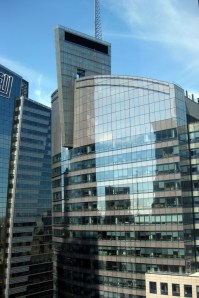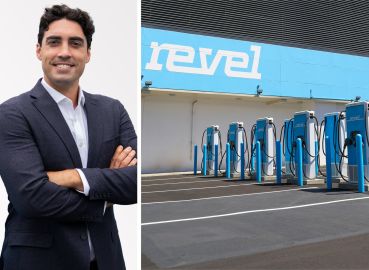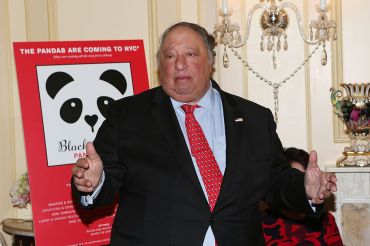 In addition to getting a request from Deloitte for a $20 million subsidy package Thursday, the city’s Industrial Development Agency is also slated to present a reworked subsidy package for Reuters, which was given up to $26 million in incentives from the Giuliani administration. [Clarified]
In addition to getting a request from Deloitte for a $20 million subsidy package Thursday, the city’s Industrial Development Agency is also slated to present a reworked subsidy package for Reuters, which was given up to $26 million in incentives from the Giuliani administration. [Clarified]
In short, Reuters received the $26 million incentive package tied to job growth in 1998, one that, generally, doesn’t seem like it was used very much (i.e. there wasn’t a ton of job growth). To date, about $20 million remains unused, according to the city (which makes one wonder, in retrospect, why they needed the subsidy so much in the first place).
In 2008, Reuters merged with Thomson, and now, with a much larger workforce with more office buildings, Thomson Reuters wants to extend the subsidy to all its buildings, apparently to, at least in part, help get a break on renovation costs.
The city and Reuters reworked the deal a bit, with the city adding new restrictions tied to job growth to access some of the subsidy (Thomson Reuters must grow its workforce by about 200, to 3,977, in order to get $5.35 million in sales tax benefits) but the city also extended the length of the deal by another four years.
The deal is not a giant one, but has attracted at least one gripe from the political world: Public Advocate Bill de Blasio hit the city on the deal at an event this morning, citing issues of transparency and treatment of workers. He called for the Bloomberg administration to delay the approvals.
This criticism seems to come, in part, from a long labor dispute that Thomson Reuters has with the local newspaper guild, as its workers are without a contract. (The city was initially set to approve the Thomson Reuters deal in May, but the approval was delayed at the same time that the guild began making noise about the incentive plan.)
In a statement, Bill O’Meara, president of the Newspaper Guild of New York, voiced opposition to the deal:
At a time when vital city services are being threatened, I do not believe New York City should be giving an extremely profitable, foreign-owned company like Thomson Reuters a second chance at up to $26 million in New York taxpayer money.
With respect to the deal, Julie Wood, a spokeswoman for the city’s Economic Development Corporation (of which the Industrial Development Agency is an arm) issued a statement highlighting the growth incentives in the reworked deal:
This amendment revamps an existing deal in exchange for a number of changes that enhance the benefits to the City by requiring a leading business information company to not only stay in New York City but to grow significantly.
ebrown@observer.com


